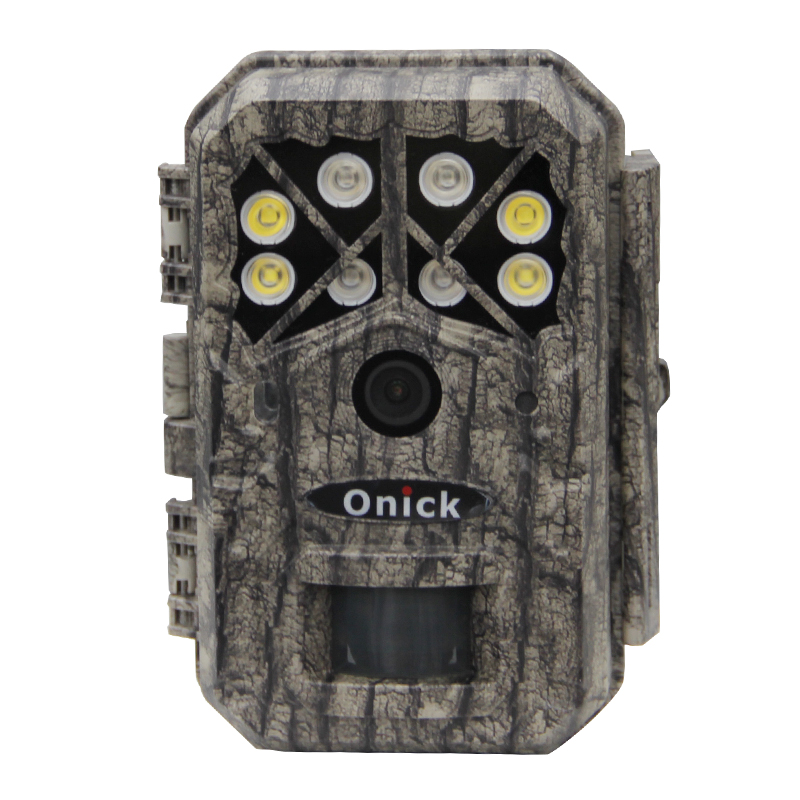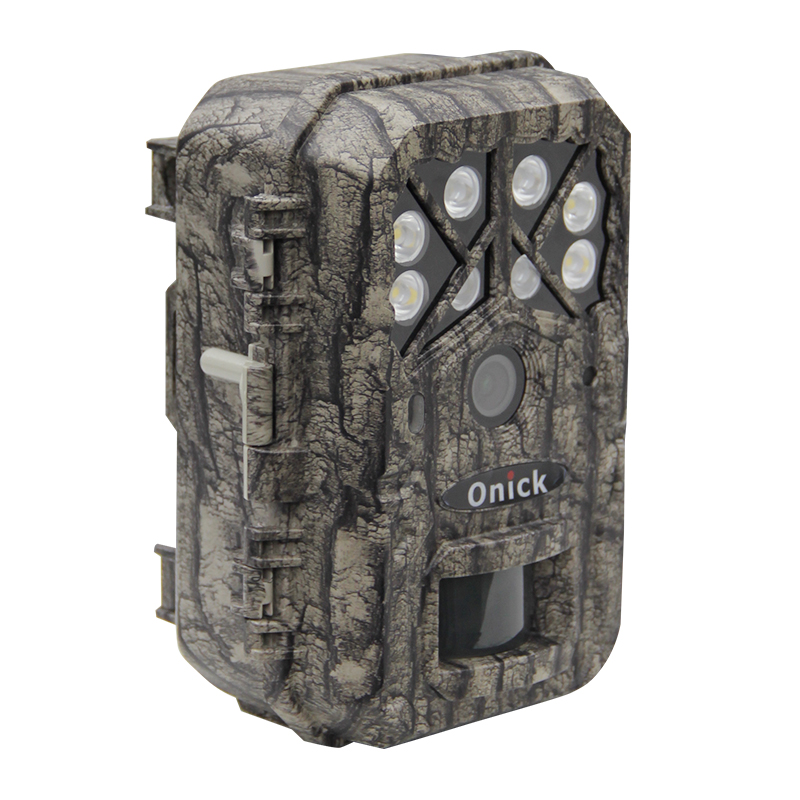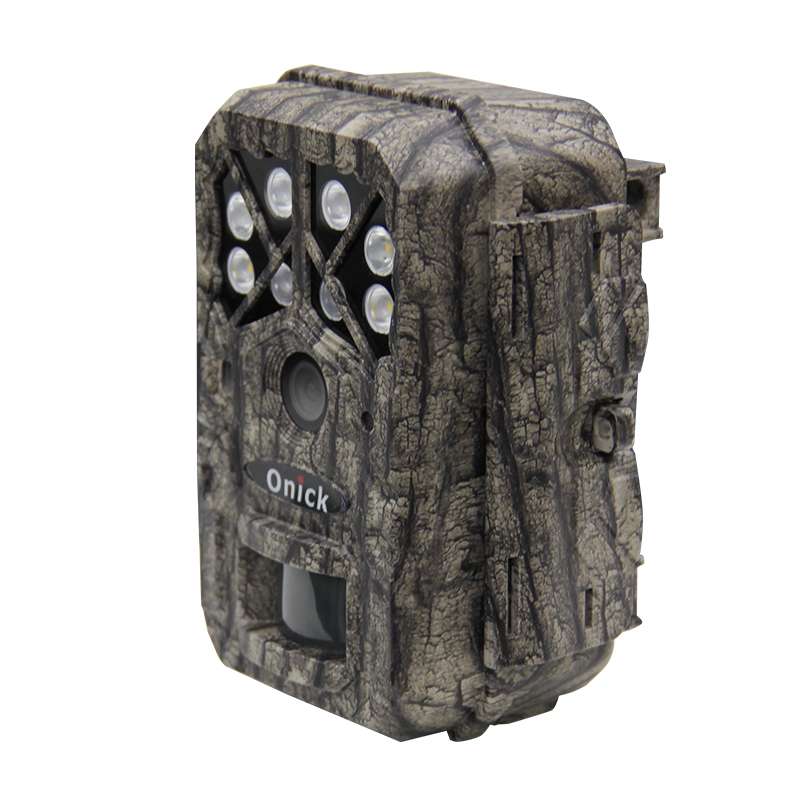Infrared camera shooting is a technical job that requires certain skills and experience. The following is a simple and easy-to-understand infrared camera shooting tutorial to help you master the shooting skills of infrared cameras from entry to mastery.

1. Understand infrared cameras
Before you start shooting, you must first understand the principles and characteristics of infrared cameras. Infrared cameras can capture infrared radiation emitted by animals, thereby capturing their activities in the dark. Therefore, when using infrared cameras, you need to pay attention to the settings and adjustments of the camera to ensure that it can work properly.
2. Choose a suitable shooting location
Choosing a suitable shooting location is the key to success. Choose areas where animals often appear, such as near water sources, grass or densely populated areas with trees. At the same time, factors such as terrain and wind direction need to be considered to better set up infrared cameras.
3. Install infrared cameras
When installing infrared cameras, you need to pay attention to the angle and height of the camera. Aim the camera in the direction where animals often appear, and adjust the height to suit different shooting objects. In addition, the camera needs to be fixed to prevent it from being blown down by the wind or damaged by animals.

4. Set camera parameters
After installing the camera, you need to set the camera parameters according to the shooting object and environment. For example, choose the appropriate focal length and shutter speed, adjust ISO and exposure compensation, etc. The settings of these parameters will directly affect the shooting effect, so they need to be carefully adjusted.
5. Check and replace the memory card regularly
When shooting with an infrared camera, you need to check the camera's memory card regularly to avoid missing important shooting opportunities. At the same time, when the memory card is full, you need to replace it with a new memory card in time.

6. Post-processing and sharing
After taking the photos, you need to post-process and edit the photos to better show the activities of animals and the beauty of the ecosystem. Finally, share the photos with other people or organizations to promote people's understanding and protection of natural ecology.


